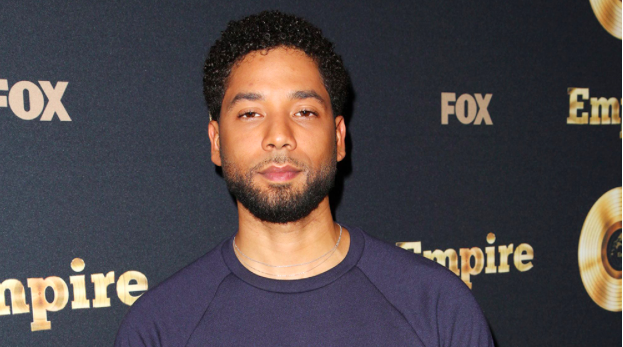Jussie Smollett and the alleged hoax
Over the past few weeks, the alleged bigotry fueled attack on Empire actor, Jussie Smollett, has been the focal point of national news. Now, after the attack, speculations are coming in saying that the entire hate crime was staged. However, this only leads one to question how the African American and LGBTQ community could be affected by his staged attack.
According to USA Today, the actor stated that he was attacked by two men wearing “Make America Great Again” hats at 2:00 AM on Jan. 29 when he was heading to Subway for a sandwich. He claimed that the men said many racial slurs and poured bleach onto him while tying a noose around his neck. The details of the attack strained credibility from the start as Smollett reportedly refused to cooperate with law enforcement officials by withholding evidence from the police.
According to the New York Times, “none of the details he gave seemed to register, and many politicians and journalists seemed to suspend all critical thought in a complain to indict not just Mr. Smollett’s attackers but the country as a whole.” Some observers of the “alleged crime” pleaded for caution in the Smollett case, and their prudence was condemned as bigotry, as others and Smollett himself have called the speculation of the attack being a lie to be bigotry as well.
This case is very interesting because whether the attack is true or not, it brings up crucial questions concerning our society at the moment. If the attack was real, it continues to show the state of our nation when it comes to hate-powered attacks and how we should steadfastly work to make sure that things hate crimes do not continue to happen across the nation. If the case was fake, while violent bigotry should continue to be suppressed by the law, it brings up the ethical question of why someone would fake a crime like that. Some could speculate that it was possibly for attention or to bring about a point. Also, how the attack hoax affects both the communities that Smollett represents as well as their credibility.
When being asked how the case affected her, senior Yacinta Irakoze states that, “So being a part of the black community it’s definitely something that affects me because as a community we have to feel responsible for his actions. This feels like another blow to trust of black people which is limited in the first place. I also know friends that are apart of the LGBTQ community that feel personally affected by the event as well. I think it’s wrong to fake something so serious just for attention.”




